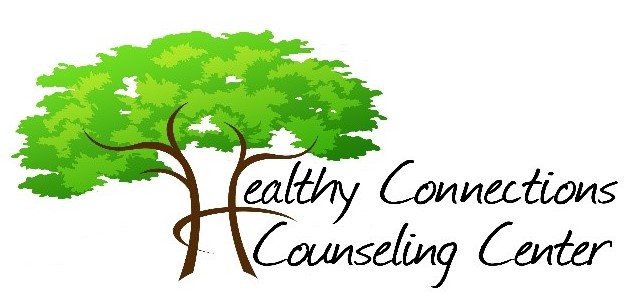Grief is the normal and natural reaction to a loss or change of any kind. It may be a physical loss (i.e., death), a social loss (i.e., relationship), or an environmental loss (i.e., job). Bereavement is the state of loss while grief is the reaction to loss. Grief stems from the conflicting feelings caused by the end of or change in a relationship or familiar pattern of behavior.
Everyone has experienced grief and loss, and everyone has unique emotional experiences and ways of coping in their own way and at their own pace. Often the grief process can be interrupted or complicated by other events, and can remain unresolved and later resurface as an issue for counseling. Sudden, violent or unexpected loss or trauma imposes additional strains on our coping skills. We also experience anticipatory grief when we are faced with an impending death or loss, such as a loved one dying from a terminal illness. Each loss is unique.
Grief counseling helps people cope with the phases of grief and mourning and provide an avenue for healthy resolution of symptoms. Symptoms of grief can be overwhelming. Grief affects individuals mentally, emotionally, cognitively, spiritually, interpersonally, and physically, and can lead to a variety of symptoms.
You may notice some of the following:
- Shock and disbelief: feeling numb, having trouble believing the loss occurred, denying it, or expecting to suddenly see the person you lost.
- Sadness: crying, or having feelings of emptiness, despair, yearning, or loneliness.
- Guilt: regret over things unsaid or undone, feeling responsible for the death or the event, feeling guilty for moving forward, or shame from feeling relieved by a person’s passing.
- Anger: blaming someone for injustice.
- Fear: feelings of anxiety, helplessness, and insecurity, or having panic attacks.
- Physical symptoms: fatigue, nausea, weight loss or gain, aches and pains, and insomnia.
For some, the grieving process will be complicated, potentially leading to serious consequences for themselves and others. It is natural for grief to feel very intense at the beginning. However, prolonged intense feelings that do not gradually reduce may be an indicator of complicated or prolonged grief. This can leave a person feeling “stuck” in the natural adaptive process of grief recovery. At Healthy Connections Counseling Center we want you to know that you are not alone, we can help you work through your intense emotions in a safe environment.

